How to Treat an Infection Around Your Dental Implant
Treating an infection around your dental implant primarily involves consulting your dentist, who will evaluate the extent of the problem. The infection is then typically treated by cleaning the tissue around the implant and antibiotic therapy. In severe cases, surgical intervention to remove the dental implant may be required.
Antibiotics are often sufficient to reduce inflammation and swelling around the implant. In addition to antibiotics, you should maintain a proper oral hygiene routine at home to help the area heal. Regular brushing, flossing, and the use of antiseptic mouthwash help to remove and kill bacterial plaque around the implant site.
1. Consult a Dentist for Timely Treatment
The first step in treating an infected dental implant is timely professional care from your implant dentist. It is essential to choose a skilled dentist who is familiar with dental implant infections and can determine the severity of the infection. The dentist will then do a thorough assessment of the infected implant.
This will include a review of your medical history and an examination of your teeth and gums. The dentist will also ask about the symptoms you are experiencing, such as swelling, redness, or pain. Even if no infection is present, evidence suggests that patients with dental implants should undergo a 1-hour maintenance visit every 3 months to evaluate any changes in oral health.
2. Determine the Severity of the Infection
Your dentist will determine the severity of an infected dental implant by evaluating gum tissue and the implant for signs of inflammation. Bleeding or leaking pus around the implant may indicate a moderate to severe infection. X-rays will most likely be taken to determine the magnitude of the infection and develop a treatment plan.
3. Follow Your Dentist’s Treatment Plan
Your implant dentist may recommend any of the following techniques for treating a dental implant infection:
Cleaning the gum tissue surrounding the implant, removing excess plaque and bacteria using a method called scaling. This cleans the implant below the surface.
Irrigating the tooth and surrounding gum tissue with an oral irrigator to remove food particles and plaque between the teeth.
Cleaning the surface of the dental implant.
Using a bone graft to replace missing bone.
Dental implant removal and replacement. This may be necessary in severe cases, and especially if bone loss is observed.
Once the infection has cleared, it's critical to follow all aftercare indications to prevent further complications or the recurrence of infection. This includes completing the course of prescribed antibiotics and practicing good oral hygiene. Your dentist may also suggest a specific mouthwash to stop bacteria from infecting the area.
Symptoms of a Dental Implant infection
The main symptoms of a dental implant infection include swelling and pain coming from the implant site. However, other symptoms could also indicate a dental implant infection. Typical indications of implant infection include the following:
A wobbly or loose implant
Swelling, red, or puffy gum tissue surrounding the implant
Dull, throbbing, or stinging pain coming from the area
Ear pain, also called "referred pain," caused by an implant infection that radiates to the ear
Pus or bleeding coming from the site of the infection
Bad breath or a bad taste in the mouth
Trouble with chewing or bite misalignment
Fever (consult a dentist right away)
You should seek immediate medical advice if any one of these symptoms occurs. Untreated implant infections can lead to serious complications such as bone loss, implant failure, or even systemic infections. Always report any new changes or sensations that you feel in your mouth and teeth to your dentist.
Causes of a Dental Implant Infection
One of the most common causes of dental implant infection is peri-implantitis, an inflammatory condition that is similar to gum disease and aggravates the gum tissue surrounding the dental implant. Peri-implantitis can also affect the supporting bone beneath and around the dental implant. This disease is often caused by a build-up of bacteria from poor oral hygiene or smoking.
Underlying health conditions may make implant infection worse. Individuals with diabetes and/or weak immune systems are more prone to dental implant failure and infection. Not adhering to post-operative aftercare instructions might also slow down healing or increase the likelihood of infection.
Prevention Is the Best Cure
Prevention is the best cure. It’s essential to keep dental implants clean and follow all aftercare instructions to prevent infection. This includes:
Following all post-operative instructions closely
Attending all follow-up dentist appointments for checkups and cleanings
Reporting any oral health changes to your dentist
Cleaning your dental implants and your surrounding teeth by brushing and flossing daily
Avoiding hard or damaging foods that can destabilize the implant
Quitting smoking as it hinders healing
Controlling underlying health conditions that also hinder healing
Living a healthy lifestyle that includes exercise and good nutrition supports oral hygiene in general. This is because when the immune system is healthy, the body is better at healing. When the body heals more effectively, the chance of a dental implant infection reduces.
An Infected Dental Implant Can Usually Be Saved
If it is caught in the early stages, an infected dental implant can generally be treated and saved. You should first consult your implant dentist. Your dentist will evaluate your situation and suggest treatment options to remedy the infected dental implant. Some of the most effective treatments for dental implant infection include deep cleaning around the implant with methods such as scaling and oral irrigation, and antibiotics.
If the infection is severe, your dentist may advise that the implant be removed. Maintaining excellent oral and overall health, following aftercare instructions to the letter, and scheduling regular dentist appointments reduce the likelihood of infection. However, if you do notice any symptoms of a potential implant infection, contact your dentist right away.

